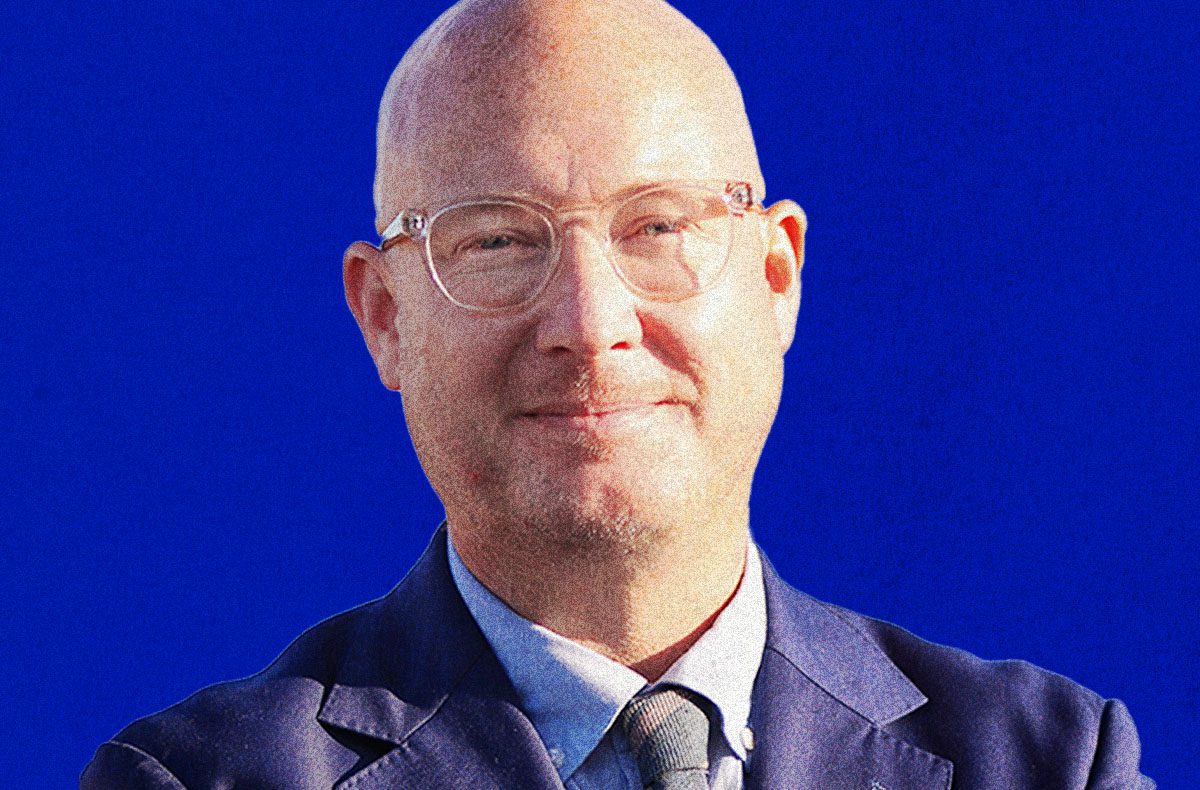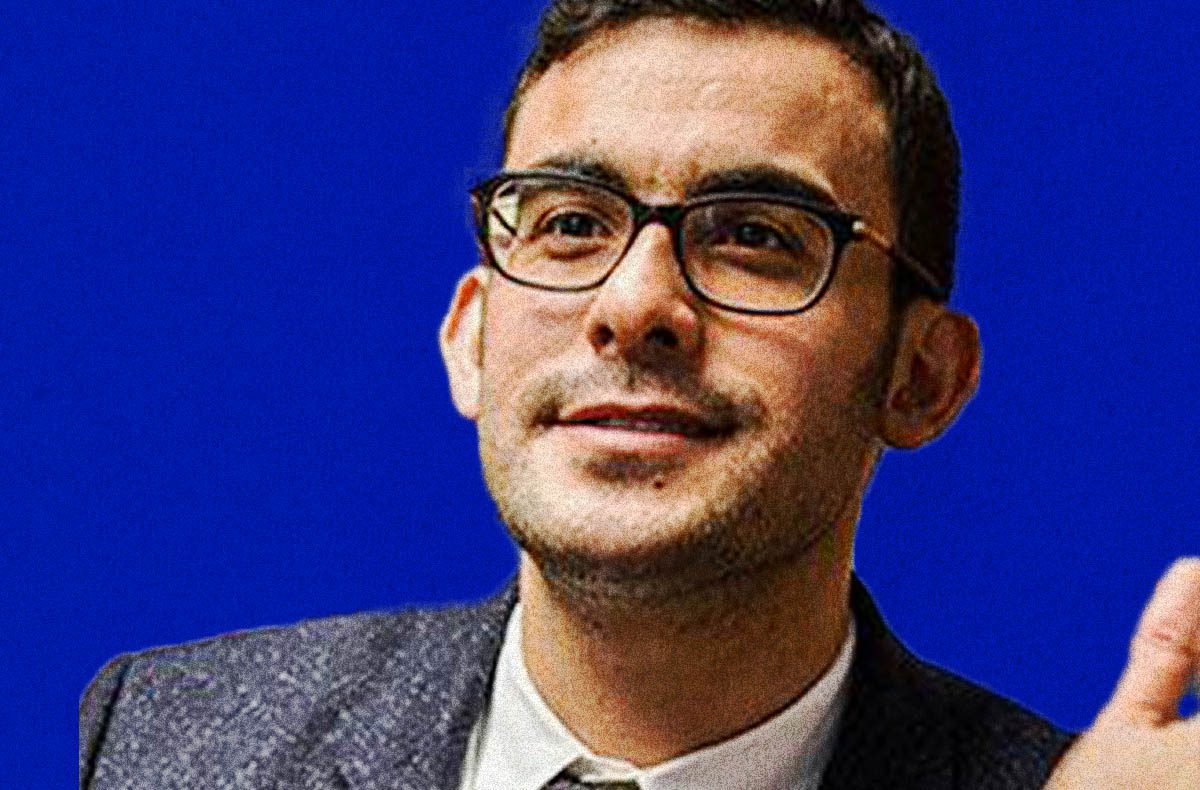
Bill Bratton has the distinction of having led the police departments of both New York City and Los Angeles, cutting crime substantially in both cities. He did so by putting police back on the streets, working with neighborhoods to address quality of life issues, cleaning up graffiti, making the streets feel safer, and, in turn, making them safer.
The lesson of broken windows was one Bratton learned in his early days as a transit cop in Boston. You can leave an abandoned car on the street, and it will remain untouched until a window is broken. But once a window is broken, the car will, in short order, be completely vandalized.
No Holding Back Ep13: Bill Bratton
Click the link to listen now!
Disorder breeds disorder, and maintaining order keeps order. What happens to cars also happens to shop windows. As well as when graffiti defaces public spaces. More disorder.
Maintaining order reduces fear of crime and brings more people out of their homes, making the streets and the subways feel safer, which makes them safer. Ceding them to the homeless and the disorderly makes them less safe.
So, I asked Commissioner Bratton on my podcast, what has gone wrong? Why is crime going back up again?
The answer, sadly, is as simple as it is tragic. Politics. Over-corrections. Reforms gone wrong.
George Floyd was beaten to death by bad cops, and he was not the only victim, but bad cops are the exception, not the rule.
In the name of “reform,” liberals have turned their backs on previous methods that worked to reduce crime. In doing so, they claim to be serving the best interests of the minority communities most likely to be victimized by police.
But these are the very same communities that are most likely to be the victims of violent crime. As Bratton rightly points out, the victims of violent crime look very much like the perpetrators. Reforms that make it all but impossible to imprison those who victimize their neighbors leave police with few, if any, options to protect law-abiding citizens.
Take the man who broke into my garage not once but three times, climbing over the fence and breaking into my car to use the garage door opener. The third time, the police managed to come while he was still in the garage.
The police did everything they could—which was not much. The man was clearly mentally ill. He thought that my house was his. He was loading up my car with “his things,” including blankets and even a picture of my children with former President Clinton, which was unsettling, to say the least. Ultimately, the police arrested him for public drunkenness.
Respectfully, I asked the police officer why public drunkenness, as opposed to breaking and entering or larceny. The police officer, in response, asked if I was familiar with the bail reform laws in force, which would mean, the man would be out on bail for those crimes before the ink would dry on the paperwork.
“At least with public drunkenness, we will be able to hold him until he sobers up, which is the only way we can hold him at all. That will be the only way he’ll be punished at all.” Is that what you call reform?
The truth is, we ask police officers to do the impossible with no tools at their disposal. We expect them to be part-nurses, part-social workers, and only part-law enforcers. We have no place to put the disturbed, the unstable, the addicted, the alcoholics, the homeless, the petty criminals, and the disorderly.
We call the police when there is no one else to call, and they, in turn, have no one to call. Unless they steal more than $900 or more, there is nothing the police can do, and when citizens hear that, they blame the police when it’s our fault, not theirs.
But it’s not just the liberal reformers who are to blame. Conservative “reformers” have played a role as well. Going back to 1988, politicians also learned the lesson of being too “soft” on crime, the label pinned on Michael Dukakis, then the Democratic nominee for President who, as Governor of Massachusetts, was tagged with the release on furlough of Willie Horton, a murderer who committed rape on a weekend release.
The result is that politicians have tripped over each other to support mandatory sentencing laws that have resulted in overcrowded prisons filled with an aging prison population who are expensive to house and to provide health care for those who are no longer dangerous but are on their third strikes long after they have aged out of serious crime.
Misallocation of resources and misplaced priorities have left neighborhoods less safe, and frustrated police officers and law-abiding citizens alike. Listen to Bill Bratton, and don’t let the rotten apples in the barrel lead us to forget the valuable lessons of the past.




